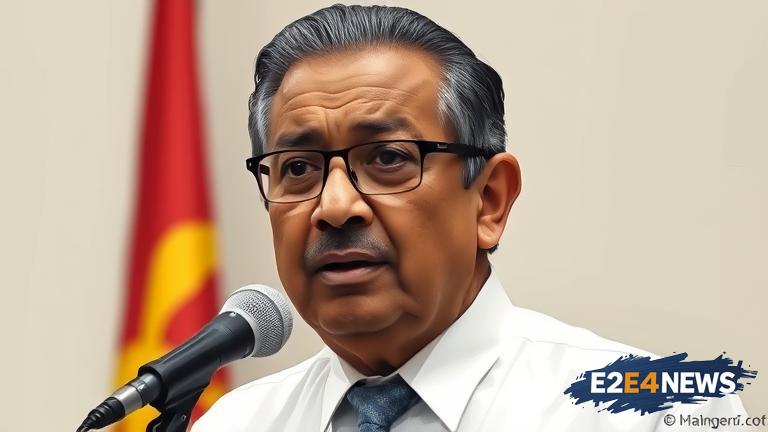Sri Lankan President Gotabaya Rajapaksa has agreed to testify in a disappearance case, marking a significant development in the country’s ongoing efforts to address human rights concerns. The case in question pertains to the disappearance of several individuals during the country’s civil war, which lasted from 1983 to 2009. Rajapaksa, who served as the Secretary of Defense during the final stages of the war, has been accused of being involved in the disappearances. However, he has consistently denied any wrongdoing. The decision to testify comes after months of speculation and pressure from human rights groups and the international community. Rajapaksa’s agreement to testify is seen as a positive step towards accountability and justice for the victims and their families. Nevertheless, the fact that he will not be testifying in Jaffna, the capital of the Northern Province where the disappearances occurred, has raised concerns among some quarters. The Jaffna High Court had initially ordered Rajapaksa to testify in the case, but he subsequently requested to testify in Colombo instead. The court has since accepted his request, sparking criticism from some who argue that this decision may undermine the integrity of the proceedings. Despite these concerns, the decision to testify is expected to provide valuable insights into the circumstances surrounding the disappearances. The case is being closely watched by the international community, which has long been critical of Sri Lanka’s human rights record. The United Nations and other organizations have repeatedly called on the Sri Lankan government to ensure accountability for human rights abuses committed during the war. Rajapaksa’s testimony is likely to be a crucial aspect of this process, as it may shed light on the role of the military and government officials in the disappearances. The Sri Lankan government has faced intense scrutiny over its handling of human rights issues, particularly in the north and east of the country. The legacy of the civil war continues to be felt, with many families still searching for loved ones who disappeared during the conflict. The decision to testify is also seen as an opportunity for Rajapaksa to clear his name and demonstrate his commitment to accountability and justice. However, some have expressed skepticism about the sincerity of his intentions, given his previous denials of any wrongdoing. The case is expected to be closely monitored by human rights groups and the international community, which will be watching to see whether Rajapaksa’s testimony provides any meaningful insights into the disappearances. In the meantime, the Sri Lankan government is under pressure to ensure that those responsible for human rights abuses are held accountable. The country’s human rights record has been a major point of contention in recent years, with many calling for greater accountability and justice for victims and their families. As the case progresses, it is likely that more information will come to light about the circumstances surrounding the disappearances. The international community will be watching closely to see how the Sri Lankan government responds to these developments and whether it will take meaningful steps to address its human rights concerns. In conclusion, the decision by Sri Lankan President Gotabaya Rajapaksa to testify in a disappearance case is a significant development in the country’s ongoing efforts to address human rights concerns. While there are concerns about the integrity of the proceedings, the decision to testify is seen as a positive step towards accountability and justice for the victims and their families.
